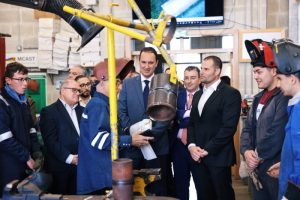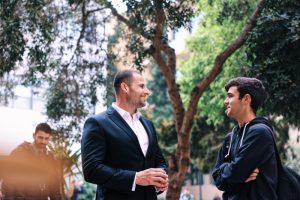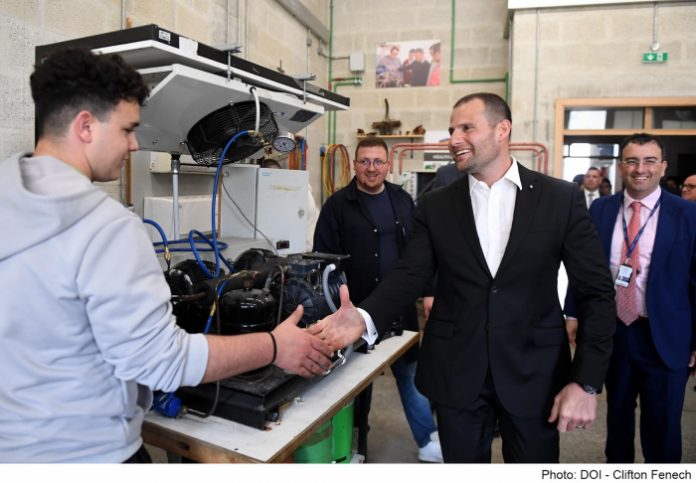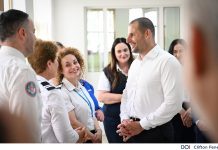Before the Cabinet meeting started today at the Maltese College of Arts, Science and Technology, Prime Minister Robert Abela, accompanied by the Minister for Education, Sport, Youth, Research and Innovation Clifton Grima, visited the campus and the facilities offered by MCAST in Paola.
In this college, a strong investment is currently being made in the educational infrastructure, which among others will change and modernize the campus and the educational environment both for students and also for lecturers and educators.

Welcomed by the Principal and CEO of MCAST, Professor Joachim James Calleja, Prime Minister Robert Abela visited several buildings at the College, including the Maritime Center, the workshops at the Institute of Engineering and -Transport, the construction site of the new building of the ICT Institute and the Resource Center which was inaugurated in February last year with an investment of €9.3 million and is part of a project with an investment of around €32.8 million co-financed by the European Union which is seeing the modernization of the campus.

During the visit, the prime minister was able to see the active student life within MCAST and was given information about all the ongoing projects within this college. In this academic year there are a total of 10,137 students registered at MCAST, of which 7,056 are full-time students and 3,081 part-time, and around 500 lecturers. With the increase being registered in students, MCAST is continuing to improve resources and accessibility which are a high priority together with the impetus for continuous investment.
An investment that is seeing dynamic learning spaces through which lecturers and students can be inspired to collaborate and create innovative work. Each year the prospect launched by MCAST is having an increase of courses to reflect both the aspirations of the prospective students, but also in relation to the needs of the industry.
For this academic year the prospectus offers 200 courses, with an increase of 9 courses on the prospectus of the last academic year, from basic level to courses at Bachelor and Masters levels. The vocational qualifications offered by the college include a strong element of work-based learning so that students enjoy practical learning in a range of subjects, including creative arts, applied science, engineering, community services, and informatics.










